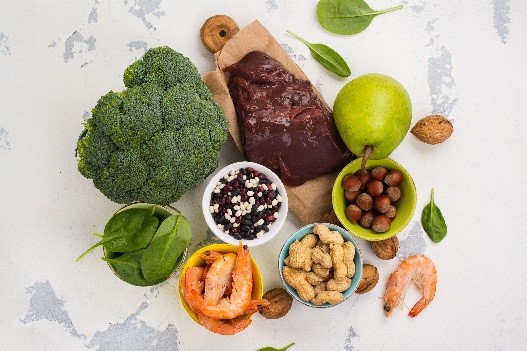Hyperkalemia is not uncommon in patients with advanced renal failure, because at the end of renal failure, potassium cannot be effectively excreted from the body and could accumulate, resulting in hyperkalemia (the concentration of potassium in the blood is higher than 6 mEq/L).
Causes of Hyperkalemia
- Inadequate dialysis.
- Excessive ingestion of high potassium-containing food.
Symptoms of Hyperkalemia
- Lower blood pressure, arrhythmia, severe ventricular fibrillation, and cardiac arrest. Neuromuscular symptoms include muscle tremor, spasm and sensory abnormalities in the early stage, and muscle weakness, flaccid paralysis and respiratory arrest in the late stage.
Low Potassium Diet Principles
Potassium is easily dissolve in water, so there is much potassium in broth, vegetable soup, traditional Chinese medicine soup, fruit juice and other soups. Therefore, in general, the following methods can reduce the uptake of potassium:
- Try not to eat raw vegetables such as lettuce salad, cucumber salad and potatoes
- Vegetables can be washed in water or blanched for 3 to 5 minutes, then stir-fried with oil. Some potassium ions can be lost.
- Eat the whole fruit (no more than 2 fists big a day), which can increase fiber intake.
- Drink less chicken essence, beef essence, fish broth, ribs broth, hot pot soup, stock and other meat soup.
- Do not soak cooked rice noodles in broth or vegetable soup as much as possible.
- Do not eat raw tomatoes. You may eat the pulp of blanched ones, or cooked ones without the soup
- Do not use low-sodium salt or low-salt soy sauce, because it uses potassium instead of sodium, which easily causes excessive serum potassium levels.
- Do not eat starfruit or its juice, because starfruit contains a certain neurotoxin that can cause uncomfortable symptoms such as persistent hiccups in uremia patients, and convulsions or even coma in severe cases.


